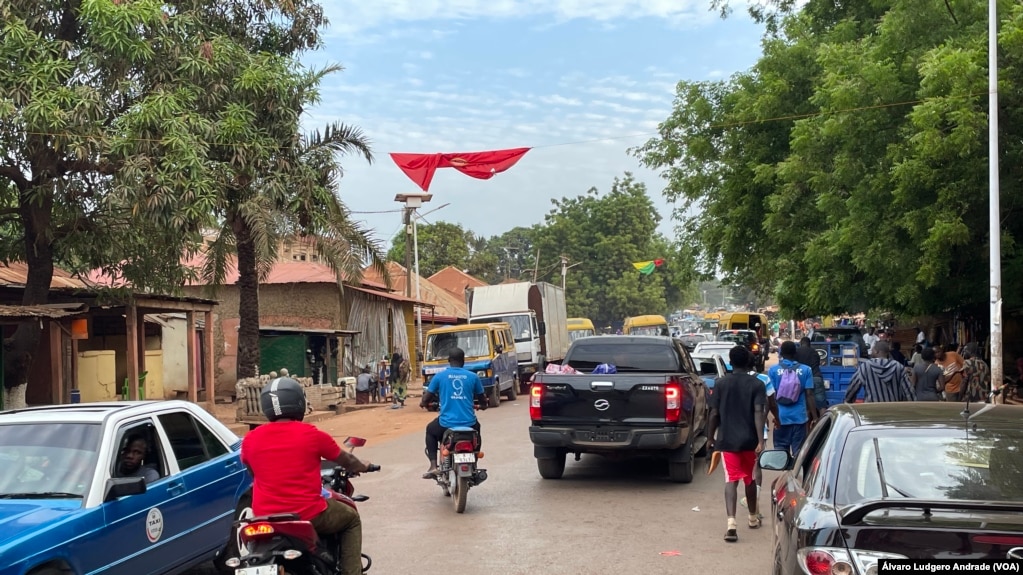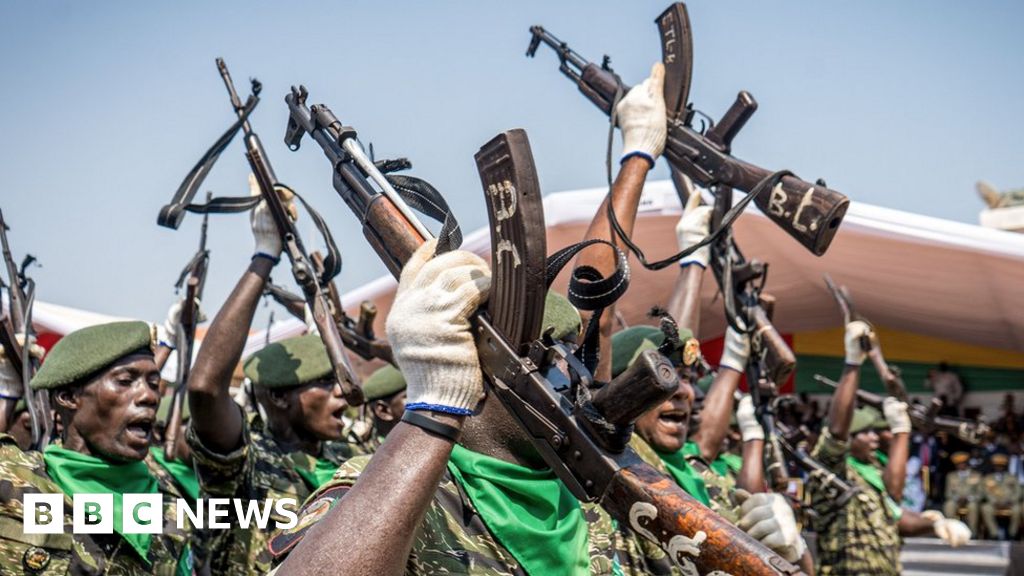Guinea-Bissau: Army Detains National Guard Commander After Deadly Gunfire

The Facts
Guinea-Bissau's military arrested the National Guard commander, Col. Victor Tchongo, on Friday, following gunfire between members of his unit and the presidential brigade that left two dead in the capital early on that day.
Fighting broke out overnight after soldiers from the National Guard stormed a police station in Bissau to free Finance Minister Suleimane Seidi and Treasury Secretary António Monteiro. Order was reportedly restored in the afternoon in the West African country.
The Spin
Narrative A
Security forces have always been at the heart of politics in Guinea-Bissau, so this violent incident between two army factions isn't a novelty in a country widely known for its instability. Despite decades into its independence, the system of governance still reflects that established during the Portuguese colonial era.
Narrative B
Guinea-Bissau had it all to become a successful post-colonial nation, as its elites had invested heavily in creating a national identity, rural political education and mass mobilization to liberate the country from colonialism. Yet, as the general citizenry has been forced out of civic life after the country became independent, political instability has only worsened.



